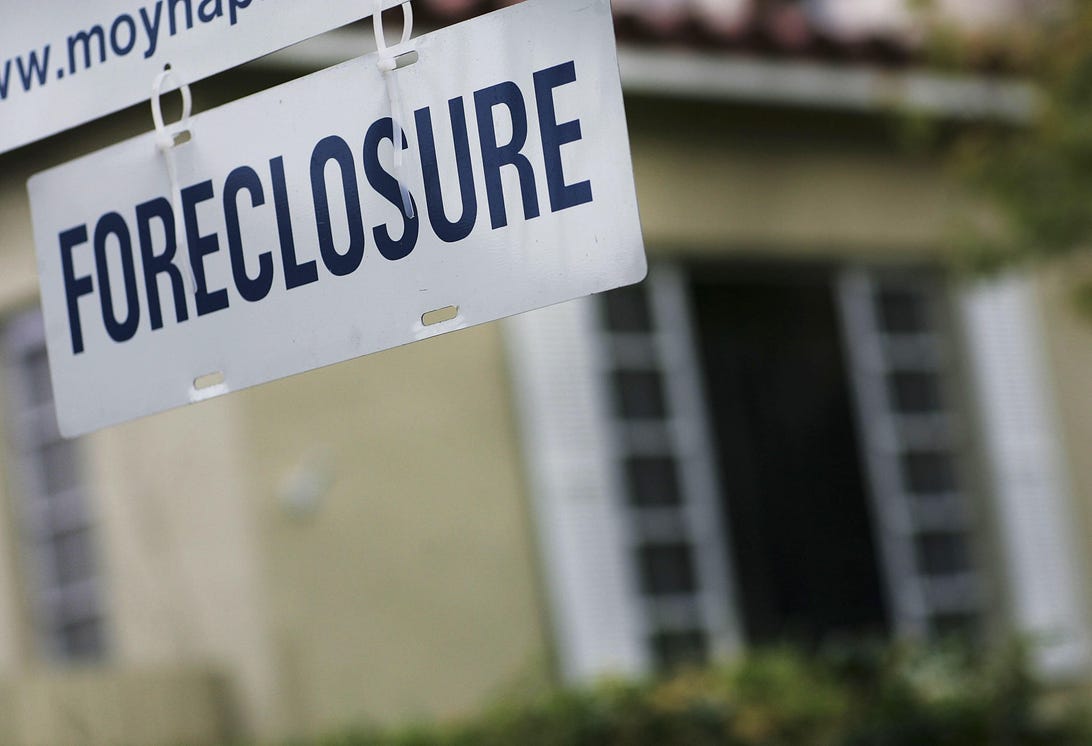Mortgage refinance rates for Oct. 15, 2021: Rates rise

Joe Raedle/Getty
Multiple important mortgage refinance rates increased today.
Both 15-year fixed and 30-year fixed refinances saw their mean rates go up. In addition, the average rate on 10-year fixed refinance also moved up.
Refinance interest rates are never set in stone — but rates have been historically low. For those looking to secure a good rate, now is an optimal time to refinance a house. Before getting a refinance, remember to think about your personal needs and financial situation, and compare offers from different lenders to find the best one for you.
30-year fixed-rate refinance
The average rate for a 30-year fixed refinance loan is currently 3.17%, an increase of 4 basis points from what we saw one week ago. (A basis point is equivalent to 0.01%.)
One reason to refinance to a 30-year fixed loan from a shorter loan term is to lower your monthly payment. Because of this, a 30-year refinance can be a good idea if you’re having trouble making your monthly payments. However, interest rates for a 30-year refinance will typically be higher than rates for a 15-year or 10-year refinance. It’ll also take you longer to pay off your loan.
15-year fixed-rate refinance
For 15-year fixed refinances, the average rate is currently at 2.41%, an increase of 2 basis points from what we saw the previous week.
With a 15-year fixed refinance, you’ll have a larger monthly payment than a 30-year loan. But you’ll save more money over time, because you’re paying off your loan quicker. 15-year refinance rates are typically lower than 30-year refinance rates, which will help you save even more in the long run.
10-year fixed-rate refinance
The average 10-year fixed refinance rate right now is 2.37%, an increase of 2 basis points over last week.
A 10-year refinance will typically feature the highest monthly payment of all refinance terms, but the lowest interest rate. A 10-year refinance can help you pay off your house much quicker and save on interest. But you should confirm that you can afford a higher monthly payment by evaluating your budget and overall financial situation.
Where rates are headed
We track refinance rate trends using data collected by Bankrate, which is owned by CNET’s parent company. Here’s a table with the average refinance rates provided by lenders nationwide:
Average refinance interest rates
| Product | Rate | A week ago | Change |
|---|---|---|---|
| 30-year fixed refi | 3.17% | 3.13% | +0.04 |
| 15-year fixed refi | 2.41% | 2.39% | +0.02 |
| 10-year fixed refi | 2.37% | 2.35% | +0.02 |
Rates as of Oct. 15, 2021.
How to find the best refinance rate
When searching for refinance rates online, it’s important to remember that your specific financial situation will influence the rate you’re offered. Though current market conditions will be a factor, your particular interest rate will depend largely on your application and credit history.
Having a high credit score, low credit utilization ratio, and a history of consistent and on-time payments will generally help you get the best interest rates. To get your personalized refinance rates, you’ll need to speak with a mortgage professional, as the rates you qualify for may differ from the rates advertised online. And don’t forget about fees and closing costs which may cost a hefty amount upfront.
It’s also worth noting that in recent months, lenders have been stricter with their requirements. If you have a low credit score or a poor credit history, you might have trouble getting a refinance at the lowest interest rates.
To get the best refinance rates, you’ll first want to make your application as strong as possible. The best way to improve your credit ratings is to get your finances in order, use credit responsibly, and monitor your credit regularly. Don’t forget to speak with multiple lenders and shop around to find the best rate.
When should I refinance?
Most people refinance because the market interest rates are lower than their current rates or because they want to change their loan term. While interest rates have been low in the past few months, you should look at more than just the market interest rates when deciding if a refinance is right for you.
To decide whether a refinance is right for you, consider all of the factors including how long you plan to stay in your current home, the length of your loan term and the amount of your monthly payment. And don’t forget about fees and closing costs, which can add up.
Some lenders have tightened their requirements in recent months, so you may not be able to get a refinance at the posted interest rates — or even a refinance at all — if you don’t meet their standards. Refinancing can be a great move if you get a good rate or can pay off your loan sooner — but consider carefully whether it’s the right choice for you.
For all the latest world News Click Here

